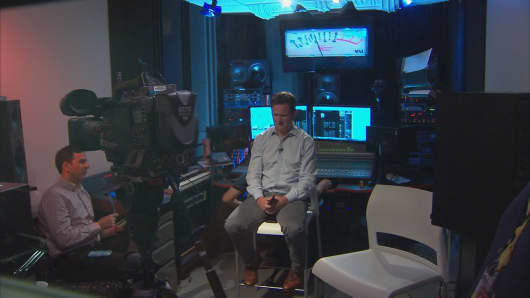Well no and yes. It is quite easy for anyone from my dog on up to tell the difference between 64k and 128k, but much less so from 128 to 192 or 256kbps and fewer still going to 320. But I am speaking of the general population here, the ones who butters the existing streaming services bread. For there to be any hope of a viable market for streaming CD quality, there needs to be a few things present. One is equipment. Most people listen through crap plastic soundbar stuff. If "most" people upgrade to equipment that is even capable of playing the differences, then "most" people are going to have to learn how to listen. This, assuming they have hearing that is capable, will need to sit still enough, in low light, without distractions of babies crying, dogs barking, spouses nagging. Of those left who can then "hear the difference" enough to actually care to shell out $20 a month, the numbers will have been filtered down to a mere fraction of what is needed to make CD streaming financially successful in the long term. We audiophiles are now and will always be an odd bunch in this regard, always way out there in the minority. I wish this were not true.





 Absolutely. I use to use my hearing that way in my former profession ... not music related. Detailed active listening is an acquired skill set.
Absolutely. I use to use my hearing that way in my former profession ... not music related. Detailed active listening is an acquired skill set.